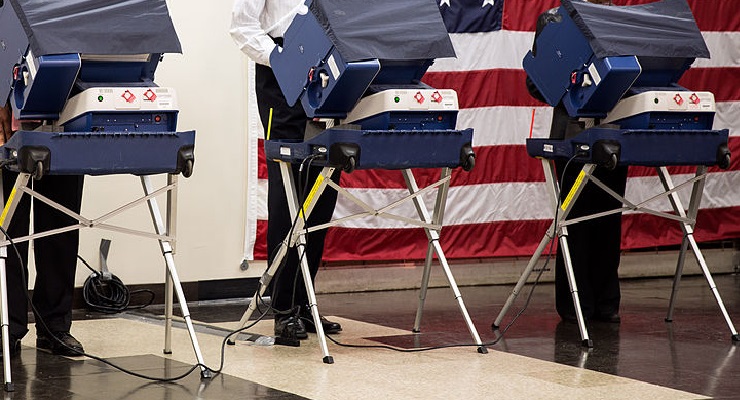 By Matthew Rosenberg, Nicole Perlroth and David E. Sanger in The New York Times:
By Matthew Rosenberg, Nicole Perlroth and David E. Sanger in The New York Times:
[The National Security Agency and its British counterpart noted that] groups linked to Russia’s intelligence agencies… had recently been uncovered boring into the network of an elite Iranian hacking unit and attacking governments and private companies in the Middle East and Britain — hoping Tehran would be blamed for the havoc.
For federal and state officials charged with readying defenses for the 2020 election, it was a clear message that the next cyberwar was not going to be like the last. The landscape is evolving, and the piggybacking on Iranian networks was an example of what America’s election-security officials and experts face as the United States enters what is shaping up to be an ugly campaign season marred by hacking and disinformation.
American defenses have vastly improved in the four years since Russian hackers and trolls mounted a broad campaign to sway the 2016 presidential election. Facebook is looking for threats it barely knew existed in 2016, such as fake ads paid for in rubles and self-proclaimed Texas secessionists logging in from St. Petersburg. Voting officials are learning about bots, ransomware and other vectors of digital mischief. Military officials are considering whether to embrace information warfare and retaliate against election interference by hacking senior Russian officials and leaking their personal emails or financial information.
Read the full article here.
Leave a Reply